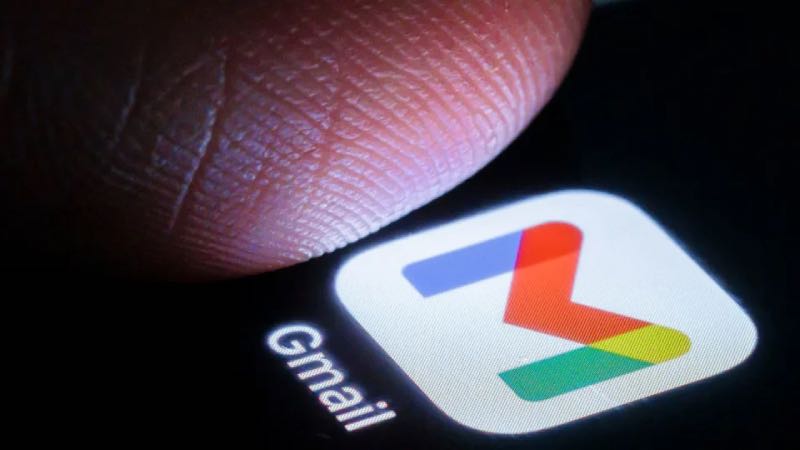A highly coordinated attack compromised the privacy of millions of Gmail users by targeting Google’s integration with Salesforce. Understanding this breach is crucial for individuals and businesses alike. It reveals the new tactics cybercriminals use and the steps everyone should now take to safeguard their accounts.
How the Cyber Attack Played Out
The assault began with ShinyHunters, a well-known cybercriminal group, employing persuasive voice calls mimicking Google’s IT support team. Employees received calls from these impostors. They asked the users to perform routine account maintenance. In reality, the attackers directed them to a Salesforce app authorization page and convinced them to enable a rogue version of the Data Loader application.
This seemingly innocuous act granted attackers immediate access to sensitive Salesforce databases. Leaked details included business contact records, names, and other supplementary information, often on small and medium-sized enterprises. The passwords were not directly stolen; However, the brief window of exposure was enough for hackers to gather data that could be repurposed for further schemes. Google quickly shut down the breach, but the ripple effect was already underway.

The Escalating Threat of Phishing and Vishing
In the aftermath, cybercriminals launched an aggressive surge of fraudulent emails and voice calls targeting Gmail account holders. Many users reported receiving phone calls that appeared to be from Google headquarters, based on spoofed area codes and professional-sounding scripts. However, these calls commonly warned recipients about alleged suspicious activity on their accounts, urging immediate action.
Victims were often asked to share codes or reset login information, effectively handing control of their accounts to the attackers. However, Cybersecurity specialists noticed that these attacks were not only more frequent but also more convincing. Scammers manipulate AI-generated responses and use stolen details to personalize their scams. This technique enabled them to bypass standard security awareness and protections, resulting in a sharp spike in successful phishing attempts.
With these new tactics, Google advises users worldwide to change their passwords, enable two-factor authentication, and passkeys if they can. In addition, Google stated that it does not initiate unsolicited security calls. So if you’re getting called by them, don’t share any sensitive information or react to unrequested messages. In today’s threat environment, vigilance and skepticism are the first lines of defense; technical solutions alone are no longer sufficient
Featured image credit: Forbes
